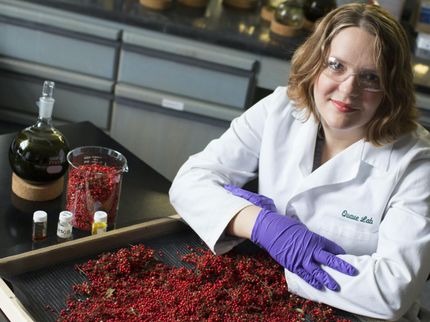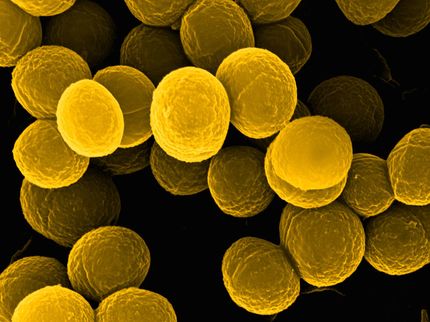New insight into antibiotic resistance strengthens call for increased focus on research
Advertisement
Scientists at the University of Birmingham have identified a new mechanism of antibiotic resistance in bacterial cells which could help us in understanding, and developing solutions to, the growing problem of antibiotic resistance.
The research, published in PNAS, describes the way in which a strain of Salmonella within a patient was able to develop resistance to the commonly used antibiotic drug ciprofloxacin. The patient in question was admitted to hospital for repair of a leaking abdominal aortic aneurysm graft, and was treated for a disseminated Salmonella infection. Through isolates taken over the course of 20 weeks, the team used whole genome sequencing to reveal a mutation in the bacterial cells that allowed them to become resistant to the effects of some antibiotics.
Dr Jessica Blair explained, "We cannot know for sure when this mutation happened within this strain. What we do know is that it developed soon after this patient was given ciprofloxacin to treat the infection. It's further evidence that, when it comes to the issue of antibiotic resistance, we are coming up against a very capable and complex adversary."
Bacteria can become resistant to antibiotics in several different ways. One way is through efflux pumps, bacterial vacuum cleaners, which pump antibiotics from inside bacterial cells to the outside where they are unable to have any effect.
The previously unobserved mutation found in the bacteria isolated from this patient alters the efflux pump. The researchers showed that the mutation makes it more efficient at pumping some antibiotics, including ciprofloxacin, out of the bacterial cells.
Laura Piddock, Professor of Microbiology at the University of Birmingham, BSAC Chair in Public Engagement and Director of Antibiotic Action said, "We have long advocated that the issue of antibiotic resistance was, in the words of Dame Sally Davies, Chief Medical Officer "a ticking time bomb" and that urgent action was needed to stem resistance and identify solutions to the near empty antibiotic pipeline."
"Our study further highlights the need for increased understanding about antibiotic resistance, not least to inform future strategies to both minimise and prevent antibiotic-resistant bacteria arising when new treatments become available."
The team are hopeful that such insights into the mechanisms by which bacteria become resistant to antibiotics will help to design smarter therapies and drugs.
























































